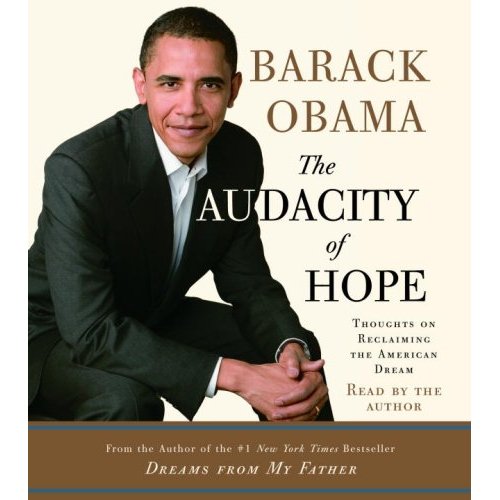
In a functioning community, "I've got mine" is not the beginning and the end of civic responsibility.
When did the discussion of promoting public health degenerate into a discussion about promoting the health of private insurance companies?
I'm hoping that we're going to find out soon that there aren't enough votes to pass a health-care bill either with or without the "pubic option", and that Congress will then have the courage and good sense to produce the only solution which would serve people rather than corporations: Single payer. I know it sounds crazy, but it could actually happen, and the insane mechanisms being tossed around right now really are crazy.
Medicare for all: It's the only rational and ethical solution, both for delivering health care and for controlling its costs. It's our selfishness which has always been behind our horror of "socialism" (and from our beginnings as a people, our distrust of any government). It's time to just get over it. Were it not for those fears, fanned on the subject of health care by the insurance corporations which have owned the discussion for longer than anyone alive today can remember, we'd have already been living with its benefits and its savings for half a century, perhaps longer.
ADDENDUM: Obama doesn't seem to be a part of the process these days, and perhaps he never was, but for what it's worth, the man we now address as Mr. President once favored a single-payer system. In his post on creators.com, "Health Care's Enigma-In-Chief", David Sirota reminds us of a speech Obama delivered at the AFL-CIO Civil, Human and Women's Rights Conference in 2003:
[He] declared himself "a proponent of a single-payer universal health care program" -- i.e., one eliminating private insurers and their overhead costs by having government finance health care. Obama's position was as controversial then as today -- which is to say, controversial among political elites, but not among the general public. ABC's 2003 poll showed almost two thirds of Americans desiring a single-payer system "run by the government and financed by taxpayers," just like CBS's 2009 poll shows roughly the same percentage today.
In that speech six years ago, Obama said the only reason single-payer proponents should tolerate delay is "because first we have to take back the White House, we have to take back the Senate, and we have to take back the House."
[image from education-portal]


